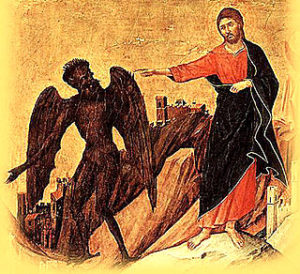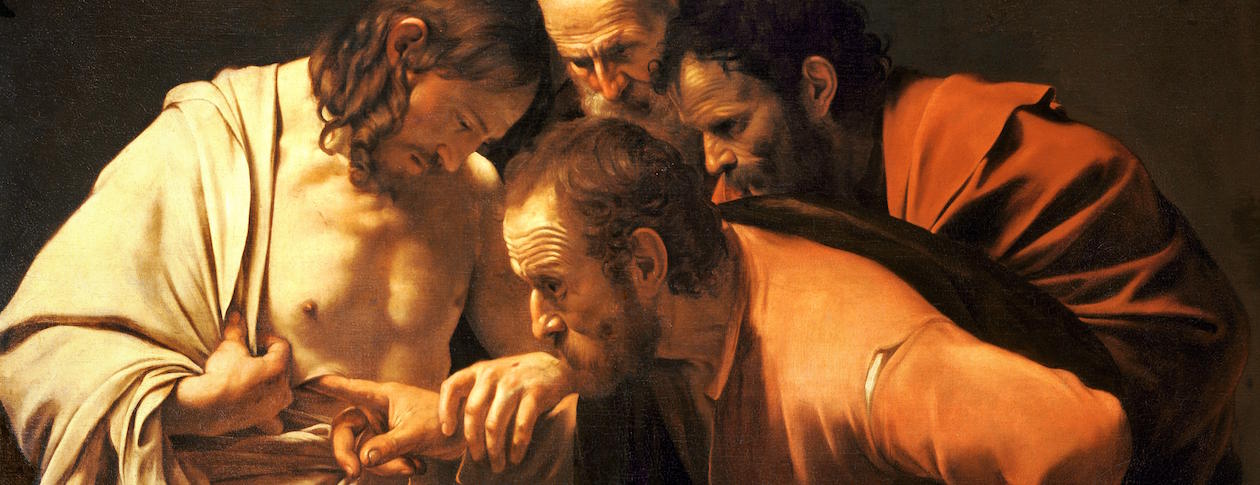Why Still So Tired?
For all the weary and over-burdened, we were told that if we followed Jesus then his “yoke would be easy and his burden would be light” (Matt. 11:28-30).
But often times we don’t feel that way.
We haven’t found that kind of rest in Jesus. We feel still feel disconnected, tired, and stuck. We feel overwhelmed, lost, and forgotten.
We believe in the gospel, but the peace and joy has worn off.
A Problem with the Gospel?
It is easy to believe this is just the nature of things. Eventually the vibrancy of faith fades and the urgency of hope dissipates.
People tell us to embrace a childlike faith, but often we feel the need to grow up and take an honest look at life.
But what if our problem wasn’t with our faith, or with Jesus?
What if our gospel is holding us back?
The gospel can hold us back if we only hear part of the gospel. This can happen in two ways. We can either hear about the “gospel of salvation” or the “gospel of the kingdom.”
 Only a Gospel of Salvation?
Only a Gospel of Salvation?
The “gospel of salvation” focuses on individual sin. This gospel looks back to the cross as the place that God forgives our sins. And this gospel looks forward to heaven as the reward for believing in Jesus. And both of those things are good news.
But too often the “gospel of salvation” leaves us wondering how we are supposed to live right now. What should I be doing with my life right now? How do I find meaning and purpose right now if the goal of everything is just life in heaven in the future?
But in the meantime people give us a list of things to do (evangelize others, serve in the church, minister to the outcast). And all those activities are good things. But too often they can feel like another burden to bare, another law to keep.
It is easy to be discouraged, wondering how to make sense of the “peace and rest” that Jesus promised but now feels so elusive.
 Only a Gospel of the Kingdom?
Only a Gospel of the Kingdom?
But maybe some of us focus more on the “gospel of the Kingdom.” This focuses on the here and now. God is on mission to transform the world, and we are called into this work. This perspective looks more to the resurrection of Jesus as the place where new creation springs forth. And of course this also is good news for us.
But too often focusing on our work to bring God’s kingdom to earth can burn us out. We can feel that every burden of the world, every injustice against the innocent, every evil action, is somehow our responsibility to fix.
No wonder we feel overwhelmed and burned out. No one could ever carry that load.
The Gospel of God with Us
But the good new is that the gospel IS NOT primarily a plan for our personal salvation. The gospel IS NOT primarily a plan for God’s kingdom come.
The gospel is not a plan at all. The gospel is a PERSON.
For the gospel is Jesus Christ himself, God become human—in order to dwell with us, in order to be with us.
4 Ways We Know The Gospel is a Person
- The Apostle Paul describes the essence of gospel in terms of the person of Jesus (not a plan for salvation or God’s kingdom come). He does this in 1 Cor. 15:1-5 where he describes not a plan of salvation, but the live of the person Jesus.
Now I make known to you, brethren, the gospel which I [gospeled] to you, which also you received, in which also you stand, by which also you are saved, if you hold fast the word which I preached to you, unless you believed in vain.
For I delivered to you as of first importance what I also received, that Christ died for our sins according to the Scriptures, and that He was buried, and that He was raised on the third day according to the Scriptures, and that He appeared to Cephas, then to the twelve.
- The Gospel of Matthew has the bookends of “God with us.” At the beginning an angel tells Joseph that the son Mary will bear will be called “Emmanuel”, or “God with us” (Matt. 1:23). At the end Jesus himself say, “Behold, I am always with you, even to the end of the age” (Matt. 28:20).
- The Gospel of John begins by telling us that the Word of God (John 1:1) took on flesh and lived—or dwelt— among us (John 1:14). The idea of God dwelling with humanity echoes the Old Testament Tabernacle which was made so that God could live with his people.
- Lastly, all the books in the Bible that tell the story of Jesus are called “gospels”. This is because the early church understood that the entire life, death, and resurrection of Jesus was the good news of God for them.
The person who is Jesus is the good news, the gospel of God.
Faith Hack: The Gospel of God with you
Can we hack our understanding of the gospel?
Can we move our understanding away from a “plan” that accidentally leaves us as burdened, tired, and restless as ever?
Can we move toward the gospel as the good news that a person, the very person of God, has come to us, to be with us.
Can we place the good news of salvation and the good news of God’s kingdom come within the person of Jesus who comes to us?
How would your life of faith be different if you focused on Jesus who IS THE GOSPEL? What would be different right now, no matter what is happening in your life, to believe that the good news is that God is with you?
Don’t miss the other 4 “faith hacks” coming out the next couple of days (the first one is here). Subscribe and receive a free gift about how God’s glory doesn’t mean God hates us.
![]() If this post has been helpful or thought provoking, please consider sharing it. And please subscribe. Thanks.
If this post has been helpful or thought provoking, please consider sharing it. And please subscribe. Thanks.


3 replies on “Is Your Gospel Holding You Back? Faith Hacking #2”
Thank you.
[…] Understanding that the gospel who is a person. […]
[…] Understanding that the gospel who is a person. […]